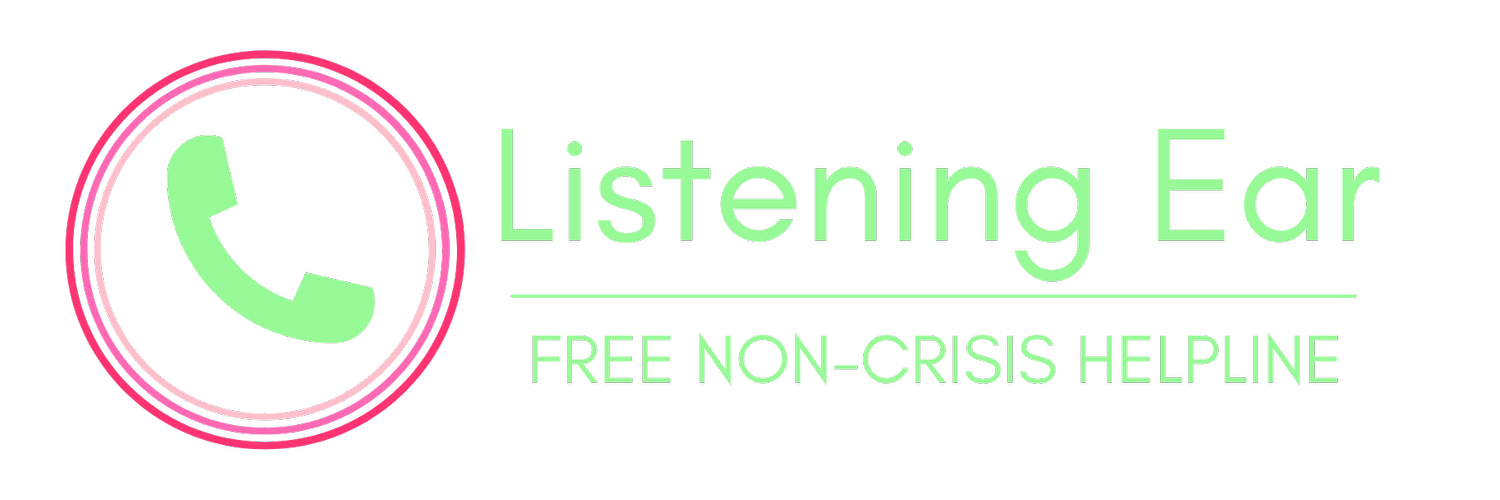
October is Mental Health Month
Every October is Mental Health Month in New South Wales, a month encouraging increased awareness of the importance of mental health and mental wellbeing. To kick off this year’s Mental Health Month, this month’s post will be centred around anxiety.
Did you know that anxiety impacts more than 26.3% of Australians aged between 16-85? According to Beyond Blue, 1 in every 4 Australians will experience anxiety at some point in their lifetime. In fact, anxiety disorders are some of the most prevalent mental health conditions in Australia today. Anxiety disorders come in many different forms, including panic disorders, generalized anxiety, phobias, social anxiety and many others.
However, anxiety in itself is a very common emotion, and you do not need to have an anxiety disorder to experience anxiety. Considering the current climate of everything happening today, anxiety has become a much more prevalent topic in discussing mental wellbeing.
Anxiety can manifest itself in a variety of symptoms, due to a variety of causes. The mental manifestations of anxiety, such as feeling extremely worried, tense, distressed and irritable, are fairly well known. However, anxiety also presents itself in a variety of physical symptoms. These include nausea, an increased heart rate, excessive sweating, and aches and pains, especially in the abdomen. It is always best, however, to consult with a medical professional when experiencing these symptoms to rule out any other medical conditions.
Interestingly, anxiety was once considered an adaptive evolutionary mechanism. Anxiety was in control of our fight-or-flight mechanism. We needed our brains to warn us when there were threats to our survival happening in the wild. Similarly, anxiety can also help us to engage ourselves in tasks and be motivated where we otherwise would not be. The problem arises, however, when the anxiety far outweighs the task and becomes overwhelming.
Fret not - here are some tips for managing anxiety:
Try the 4-7-8 Breathing Technique: Sit or lie comfortably and inhale, counting to 4. Hold your breath for 7 seconds, and then exhale for 8 seconds.
Write down your thoughts and challenge them.
Establish a grounding routine, which can include exercise and meditation.
Engage in ‘Progressive Muscle Relaxation’.
Talk to someone about how you feel - Call Listening Ear at 0294776777
It is important for each individual to keep an eye out for what triggers their anxiety, and to seek professional help for it whenever possible if it gets overwhelming. Professional help, psychoeducation and the self-help tips above, are effective in helping people cope with anxiety and not letting it prevent them from living their most present, fulfilled lives.
Written by Nissa October 2020
